yù
desire
Phonosemantic compound. 欠, depicting a person with an open mouth, represents the meaning, while 谷 represents the sound.
Components
Evolution

Seal script
Shuowen (~100 AD)
Clerical script
Eastern Han dynasty (25-220 AD)Regular script
ModernDefinitions
Most common words with 欲
Freq. | Word | Meaning |
|---|---|---|
desire | ||
desire | ||
to follow one's heart's desires | ||
lust | ||
appetite |
Component uses
Meaning component in 1 character (1 verified)
Sound component in 1 character (1 verified)
Sources
